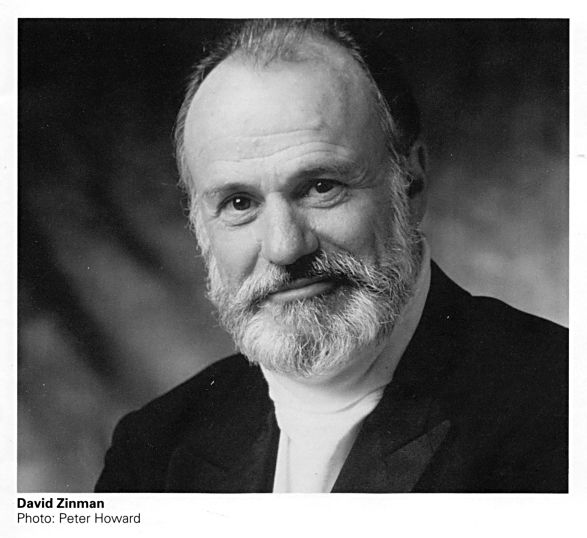

|
After early violin studies at the Oberlin Conservatory, David Zinman (born July 9, 1936 in New York City) studied theory and composition at the University of Minnesota, earning his M.A. in 1963. He took up conducting at Tanglewood, and then worked in Maine with Pierre Monteux from 1958 to 1962, serving as his assistant from 1961 to 1964. Zinman held the post of tweede dirigent (second conductor) of the Netherlands Chamber Orchestra from 1965 to 1977. He was the principal conductor of the Rotterdam Philharmonic Orchestra from 1979 to 1982. In the US, Zinman was music director of the Rochester Philharmonic Orchestra from 1974 to 1985. With the Baltimore Symphony Orchestra, he was principal guest conductor for two years before becoming the orchestra's music director in 1985. During his Baltimore tenure, he began to implement ideas from the historically informed performance movement in his interpretations of the Beethoven symphonies. At the end of his Baltimore tenure in 1998, Zinman was named the orchestra's conductor laureate. However, in protest at what he saw as the Baltimore orchestra's overly conservative programming in the years since his departure, he renounced that title in 2001. In 1998, Zinman was the Music Director of the Ojai Music Festival alongside pianist Mitsuko Uchida. In 1998, he was appointed music director of the Aspen Music Festival and School, where he founded and directed its American Academy of Conducting until his sudden resignation in April 2010. Zinman became music director of the Tonhalle-Orchester Zürich
in 1995. His innovative programming with that orchestra includes a
series of late-night concerts, "Tonhalle Late", which combine classical
music and a nightclub setting. His recordings for Arte Nova of the complete
Beethoven symphonies [shown below] were based on the new Jonathan
Del Mar critical edition and was acclaimed by critics.
He has subsequently recorded Beethoven overtures and concertos with the Tonhalle. He conducted the Tonhalle Orchestra in its first-ever appearance at The Proms in 2003. In 2009, he conducted the Tonhalle in the soundtrack for the feature film 180° - If your world is suddenly upside down. He concluded his Tonhalle music directorship on July 21, 2014 with a concert at The Proms. Zinman also conducted for the soundtrack of the 1993 film version of the New York City Ballet production of Tchaikovsky's Nutcracker. His 1992 recording of Henryk Górecki’s Symphony no.3 with Dawn Upshaw and the London Sinfonietta was an international bestseller. In January 2006, he received the Theodore Thomas Award presented by the Conductors' Guild.Note: Links in this box and below refer to my interviews
elsewhere on my website. BD
|
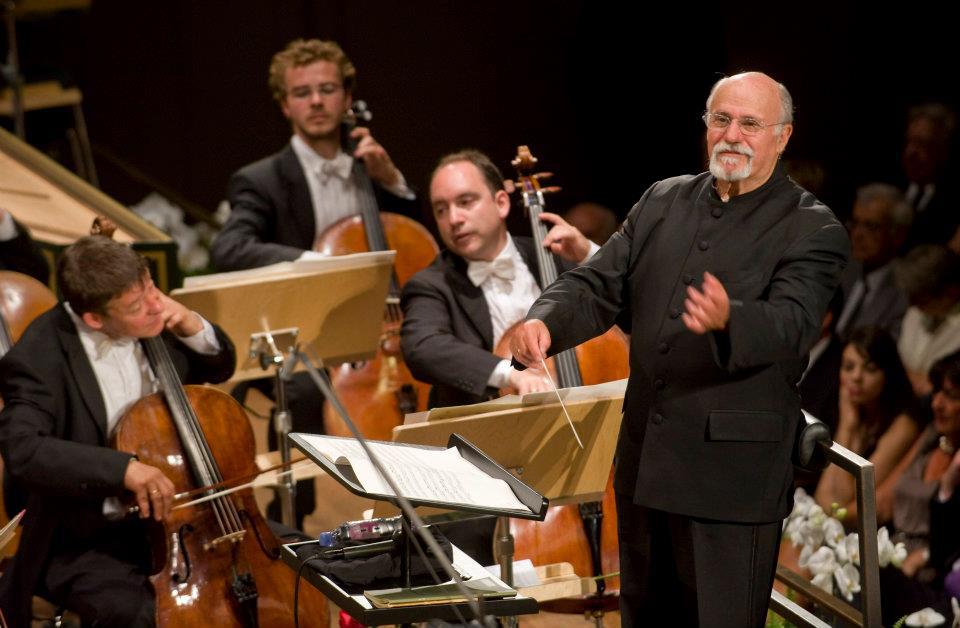
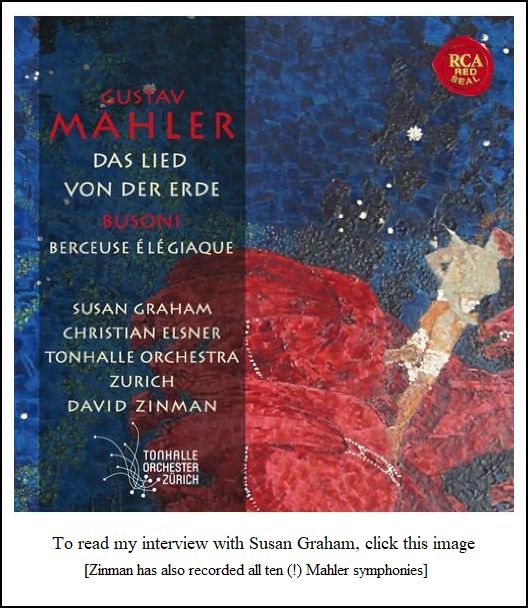 BD: Does that rattle you at all to have part of the
audience in front of you?
BD: Does that rattle you at all to have part of the
audience in front of you?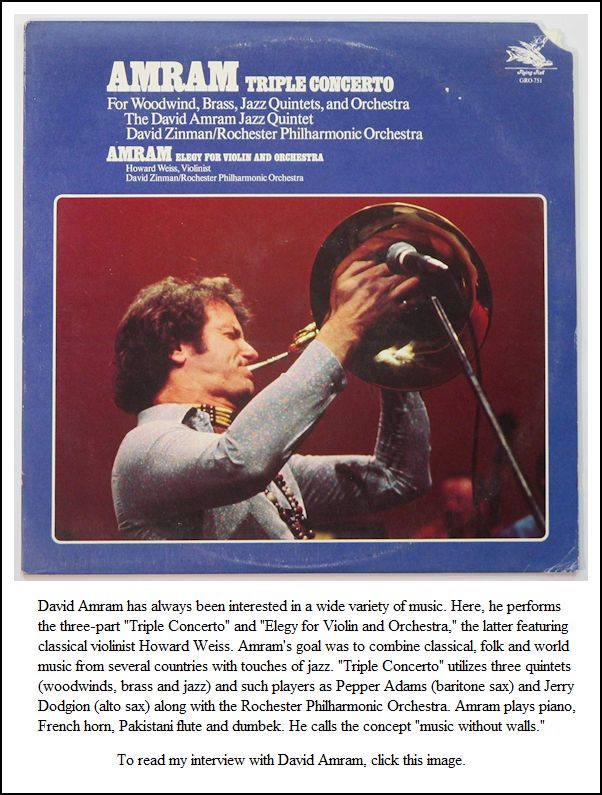 Zinman: I have a permanent job in Switzerland, and
they don’t appreciate it if I bring too much American music there. I
have to get interested in what’s happening in Switzerland. But
certainly, when I was music director for American orchestras, that was
my primary thing, and my mission was to play as much good American music
as I could.
Zinman: I have a permanent job in Switzerland, and
they don’t appreciate it if I bring too much American music there. I
have to get interested in what’s happening in Switzerland. But
certainly, when I was music director for American orchestras, that was
my primary thing, and my mission was to play as much good American music
as I could.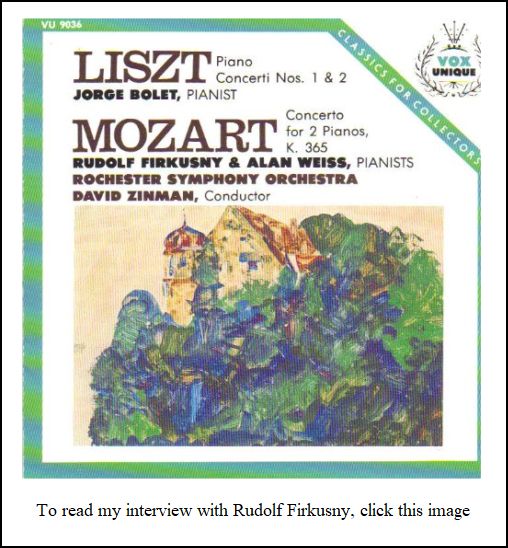 BD: Are we getting back to this idea of Hausmusik
[literally, music made in the house]?
BD: Are we getting back to this idea of Hausmusik
[literally, music made in the house]?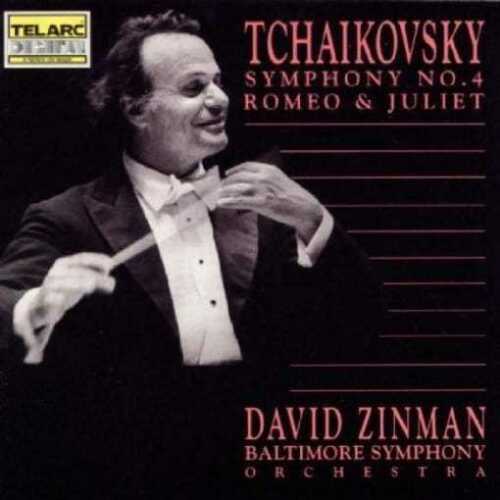 BD: You’re almost being handcuffed
by the technology?
BD: You’re almost being handcuffed
by the technology?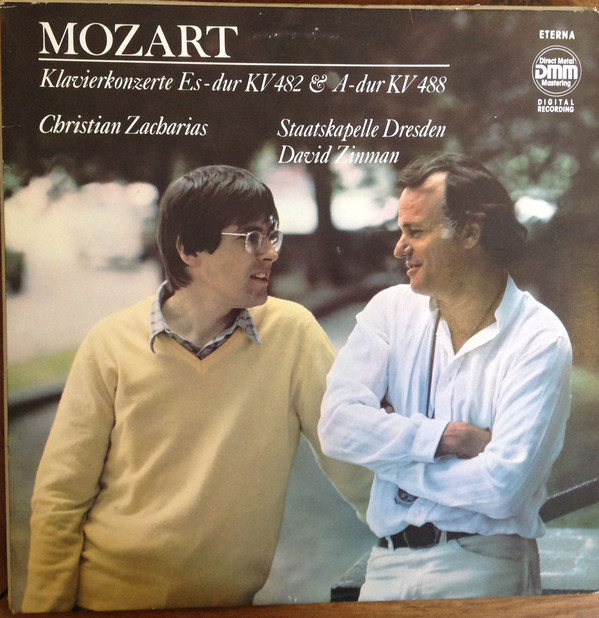 Zinman: No. There’s always something more, even
things the composer didn’t know about. [Laughs] But there’s
always something more, and the better the music, the more there is undiscovered
about it.
Zinman: No. There’s always something more, even
things the composer didn’t know about. [Laughs] But there’s
always something more, and the better the music, the more there is undiscovered
about it.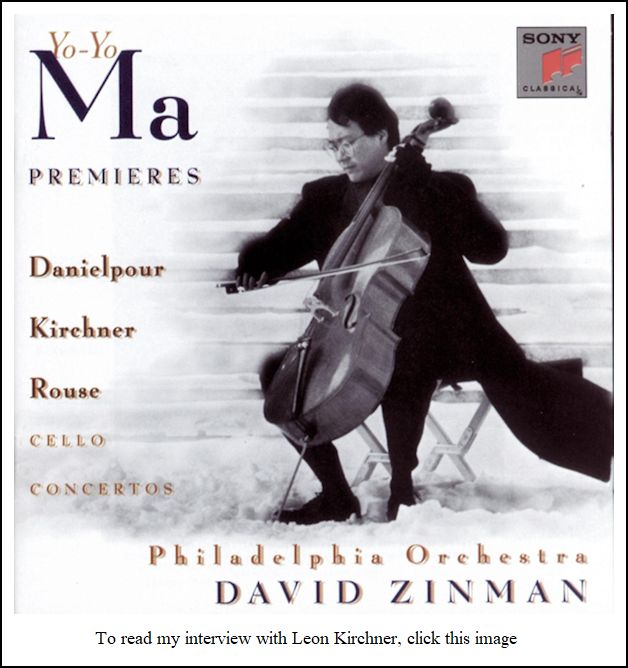 Zinman: [Matter-of-factly] To give meaning
to our lives.
Zinman: [Matter-of-factly] To give meaning
to our lives.[At this point we took care of a few technical details, and I asked him for his birthdate, which he said was July 9, 1936.]
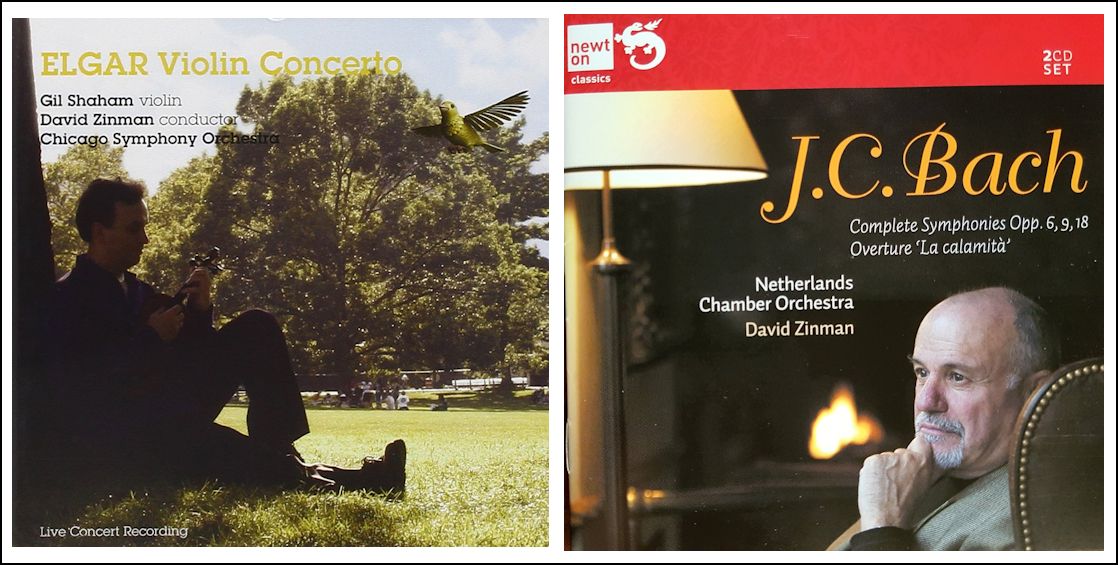
© 2000 Bruce Duffie
This conversation was recorded in his dressing room, backstage ar Orchestra Hall, Chicago on February 11, 2000. Portions were broadcast on WNIB the following year; on WNUR in 2010, 2012, and 2017; and on Contemporary Classical Internet Radio in 2011. This transcription was made in 2020, and posted on this website at that time. My thanks to British soprano Una Barry for her help in preparing this website presentation.
To see a full list (with links) of interviews which have been transcribed and posted on this website, click here. To read my thoughts on editing these interviews for print, as well as a few other interesting observations, click here.
Award - winning broadcaster Bruce Duffie was with WNIB, Classical 97 in Chicago from 1975 until its final moment as a classical station in February of 2001. His interviews have also appeared in various magazines and journals since 1980, and he now continues his broadcast series on WNUR-FM, as well as on Contemporary Classical Internet Radio.
You are invited to visit his website for more information about his work, including selected transcripts of other interviews, plus a full list of his guests. He would also like to call your attention to the photos and information about his grandfather, who was a pioneer in the automotive field more than a century ago. You may also send him E-Mail with comments, questions and suggestions.